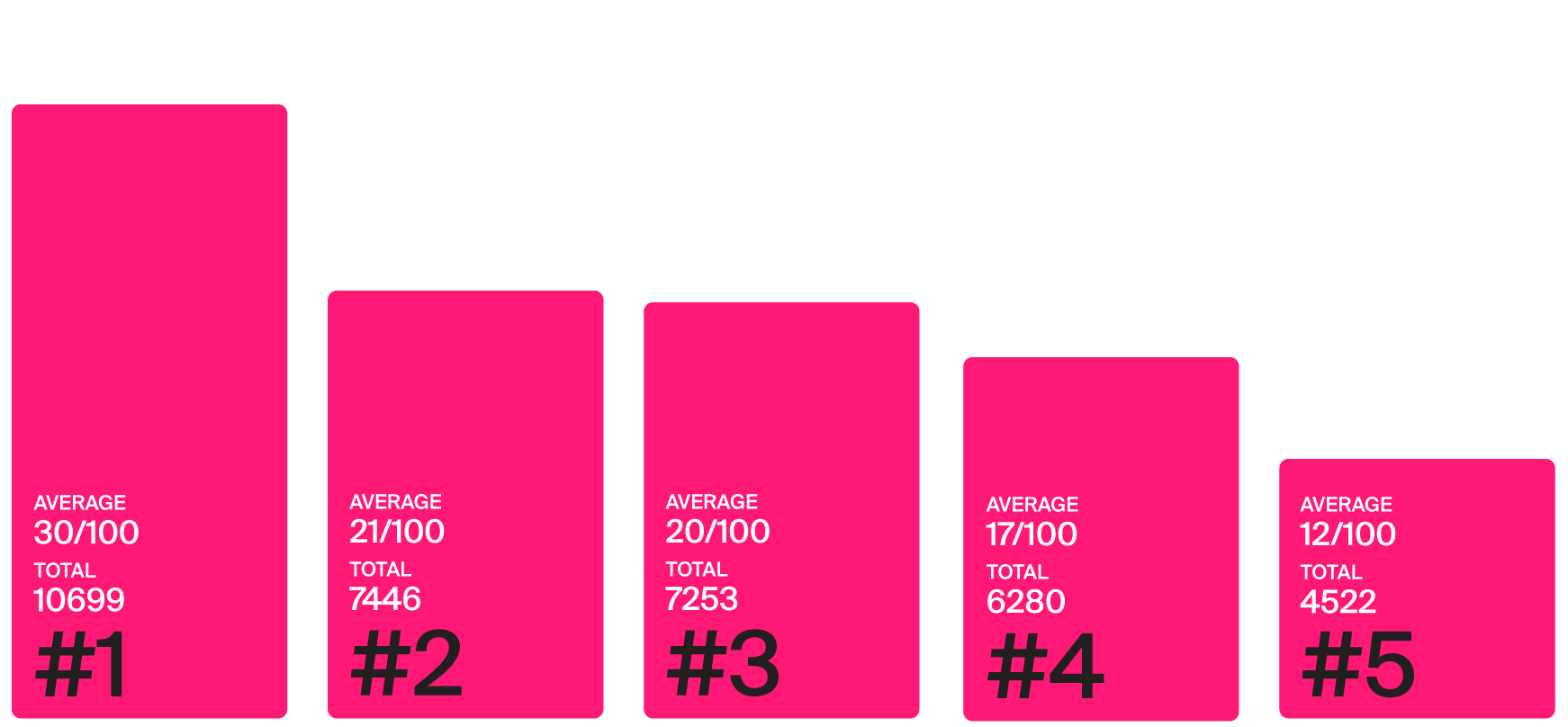Market engagement
For example, commercial policy, private sector development, intervention by the state when the market experiences failure or crisis.
Security
For example, a balanced security environment, when police, military and other security institutions are bound by the law and guidelines.
Infrastructure
For example, public utilities - including water, electricity and roads.
Rule of law
For example, strong adherence to both formal and informal rules, high levels of predictability and stability of the enforcement of rules, and governance arrangements.
Human capital
For example, investment in the citizens of a state through education and public health.
Public financial management
For example, strong and transparent forms of public financial management, effective public borrowing, and fiscal management.
Citizen engagement
For example, addressing barriers to equal opportunities through citizens rights which cut across gender, race, ethnicity, religion, class and location.
Asset management
For example, state assets (including natural resources [water, land, the environment, extractives] and other intangible benefits [licenses and permits]).
Disaster resilience
For example, preparedness for disasters, state resiliency against crises such as drought, famine, and catastrophic weather.
Governance
For example, public sector management, uniform rules and guidelines, strong reforms to prevent corruption.












